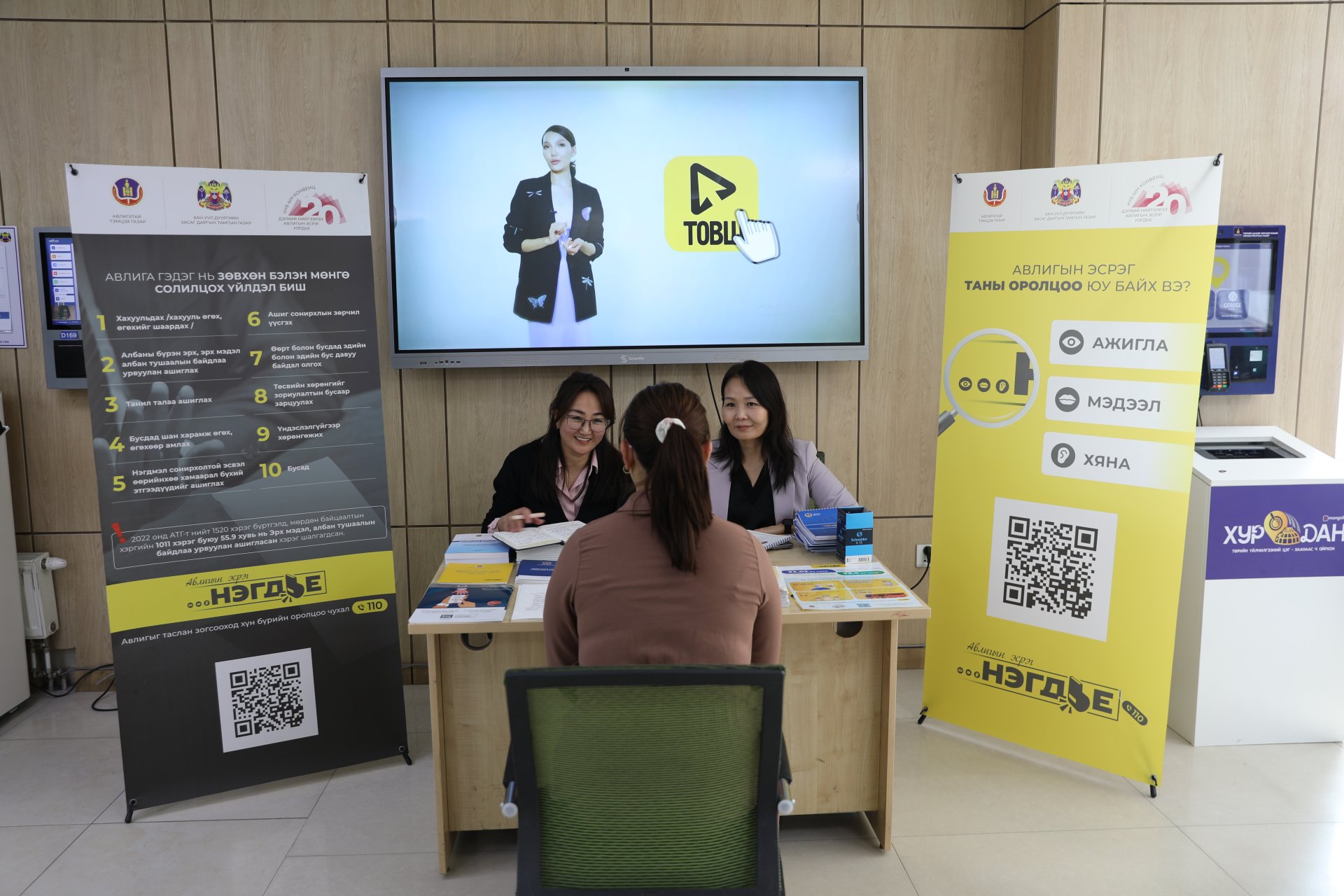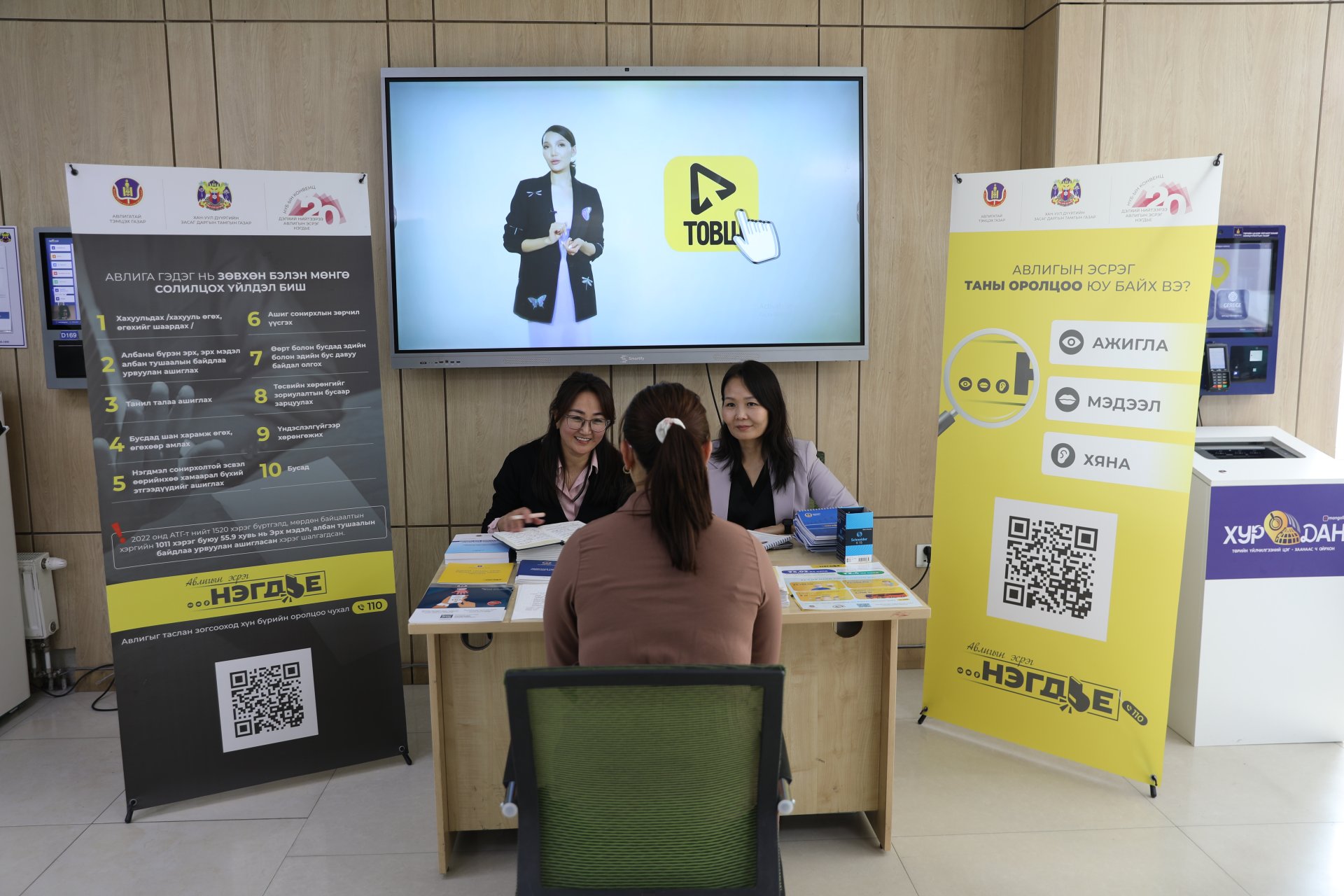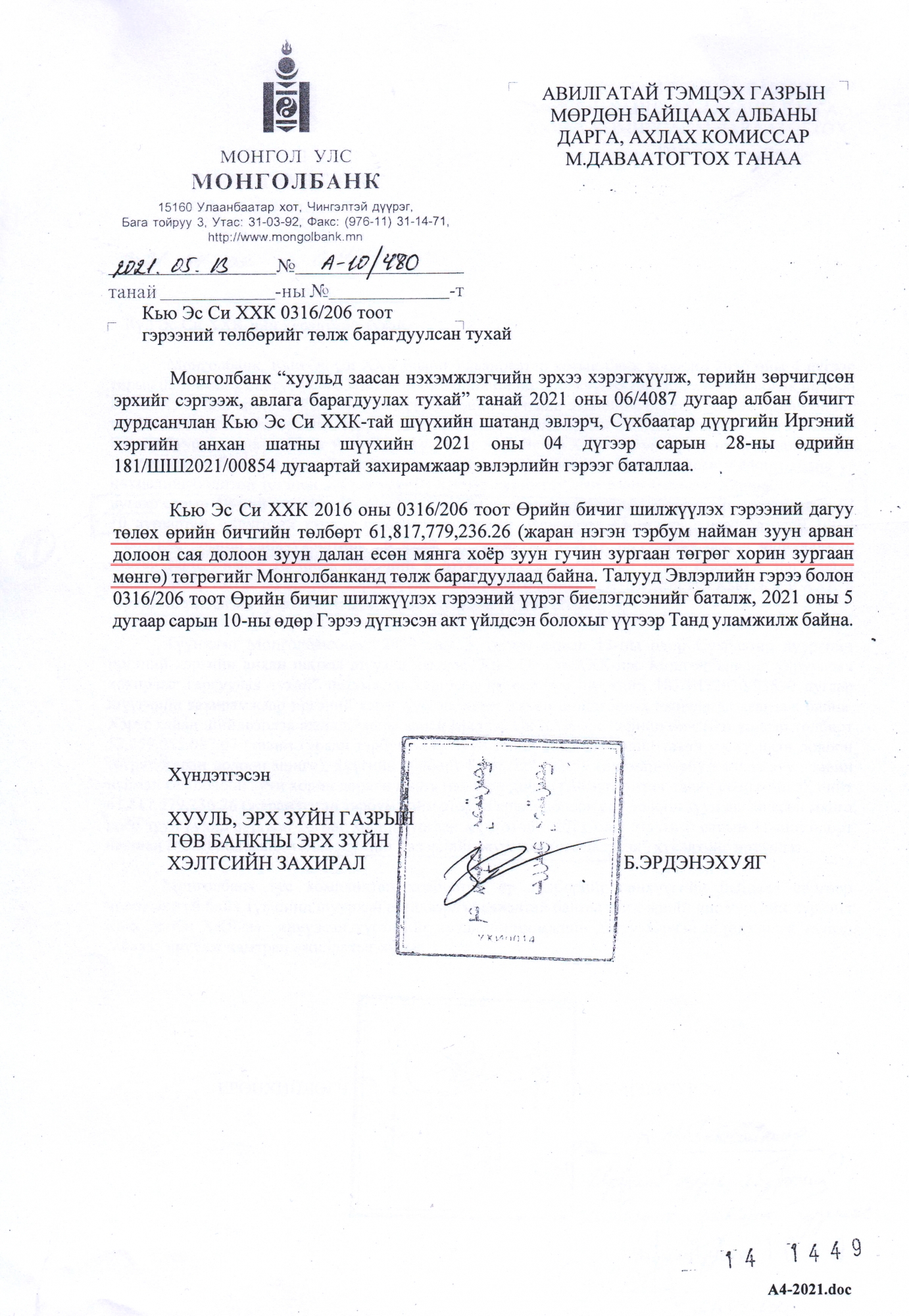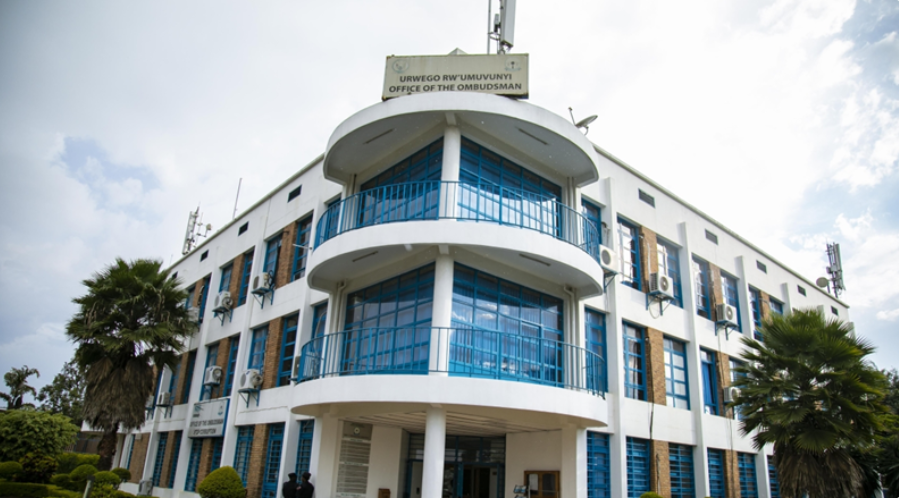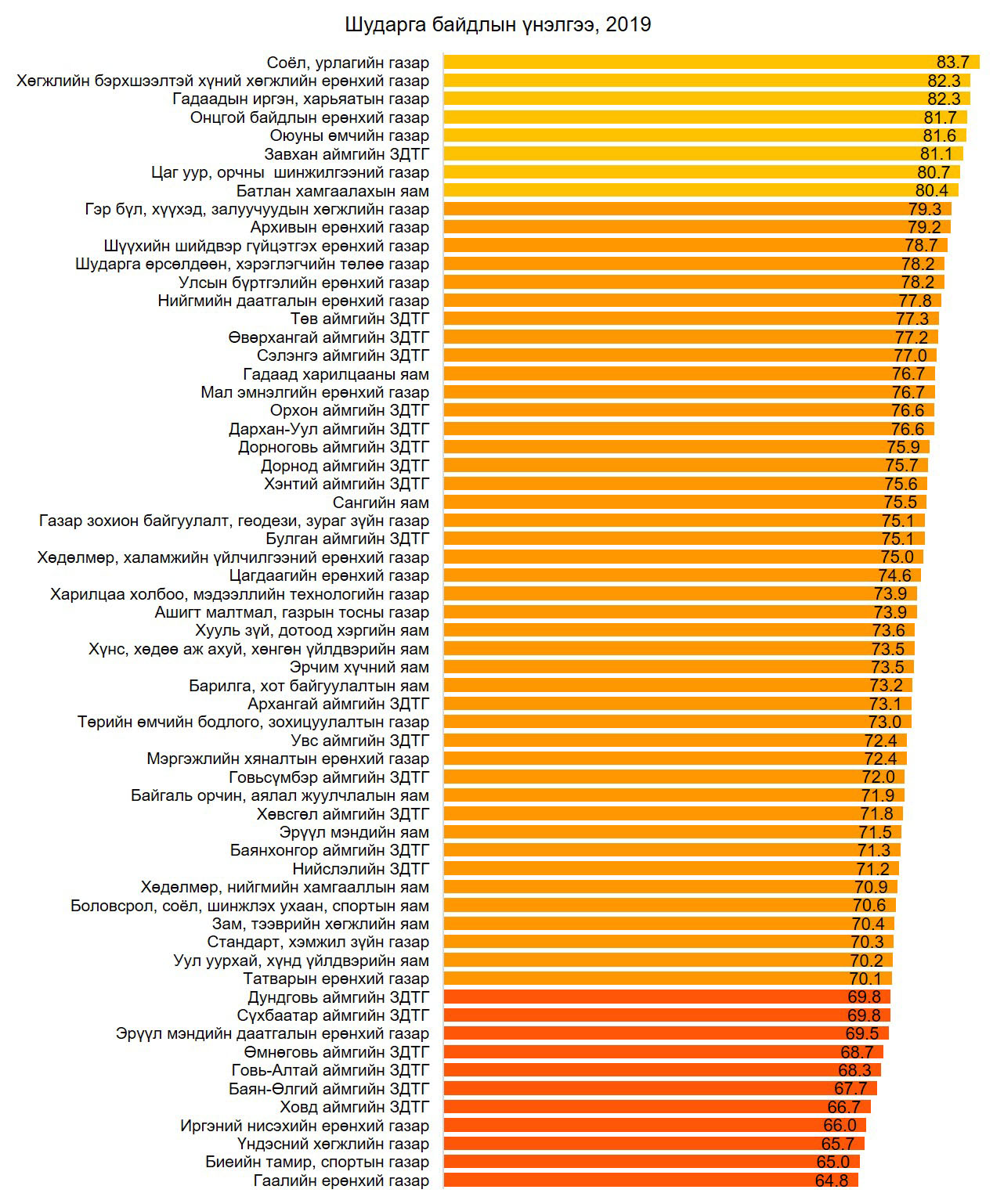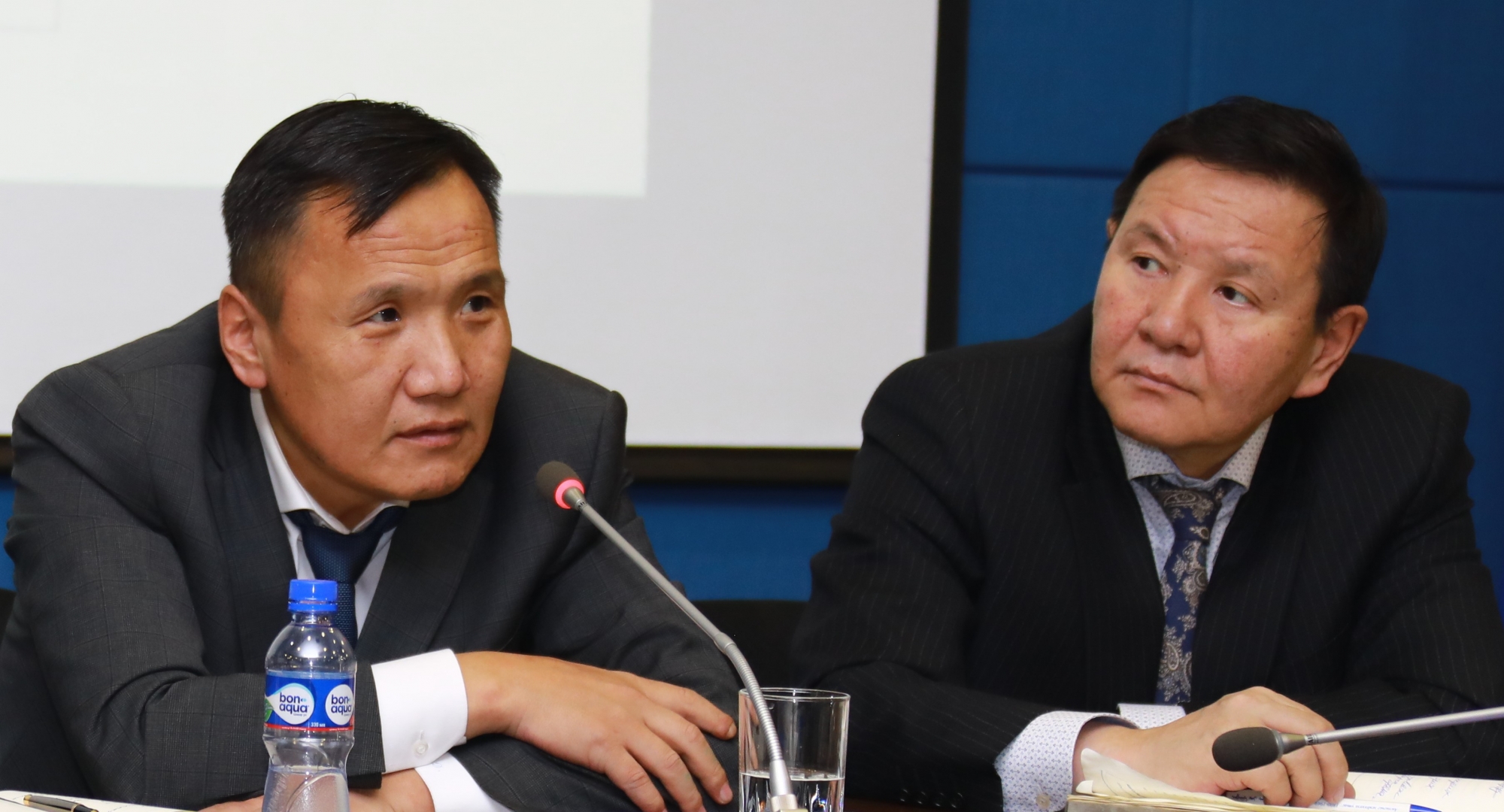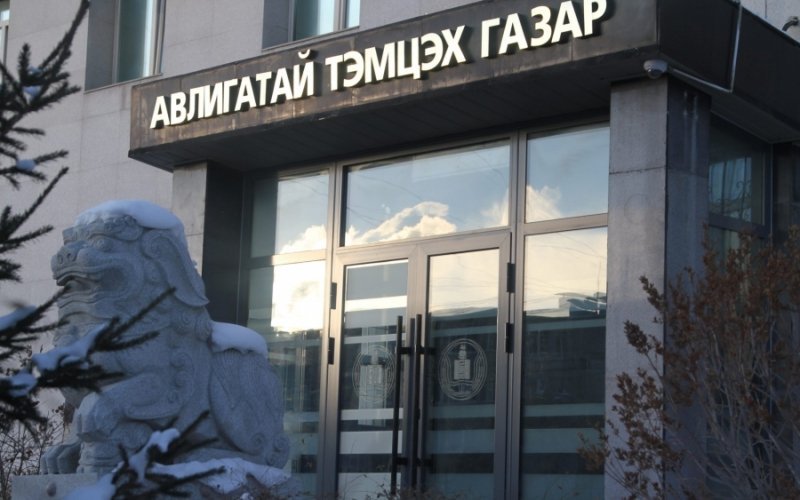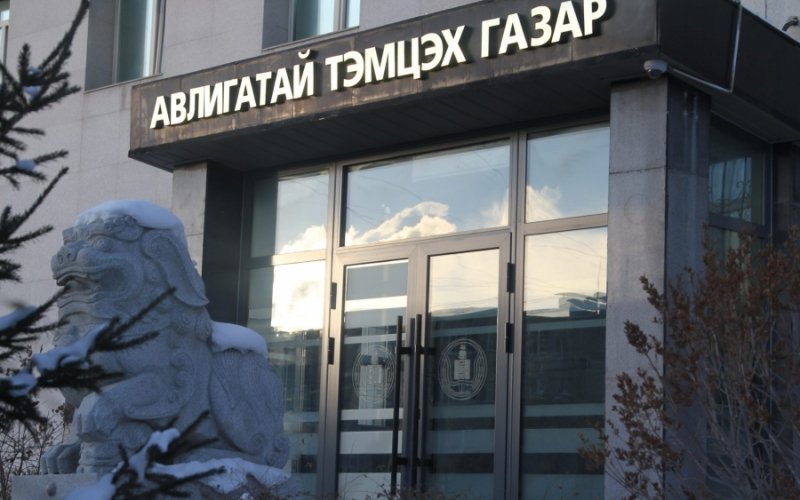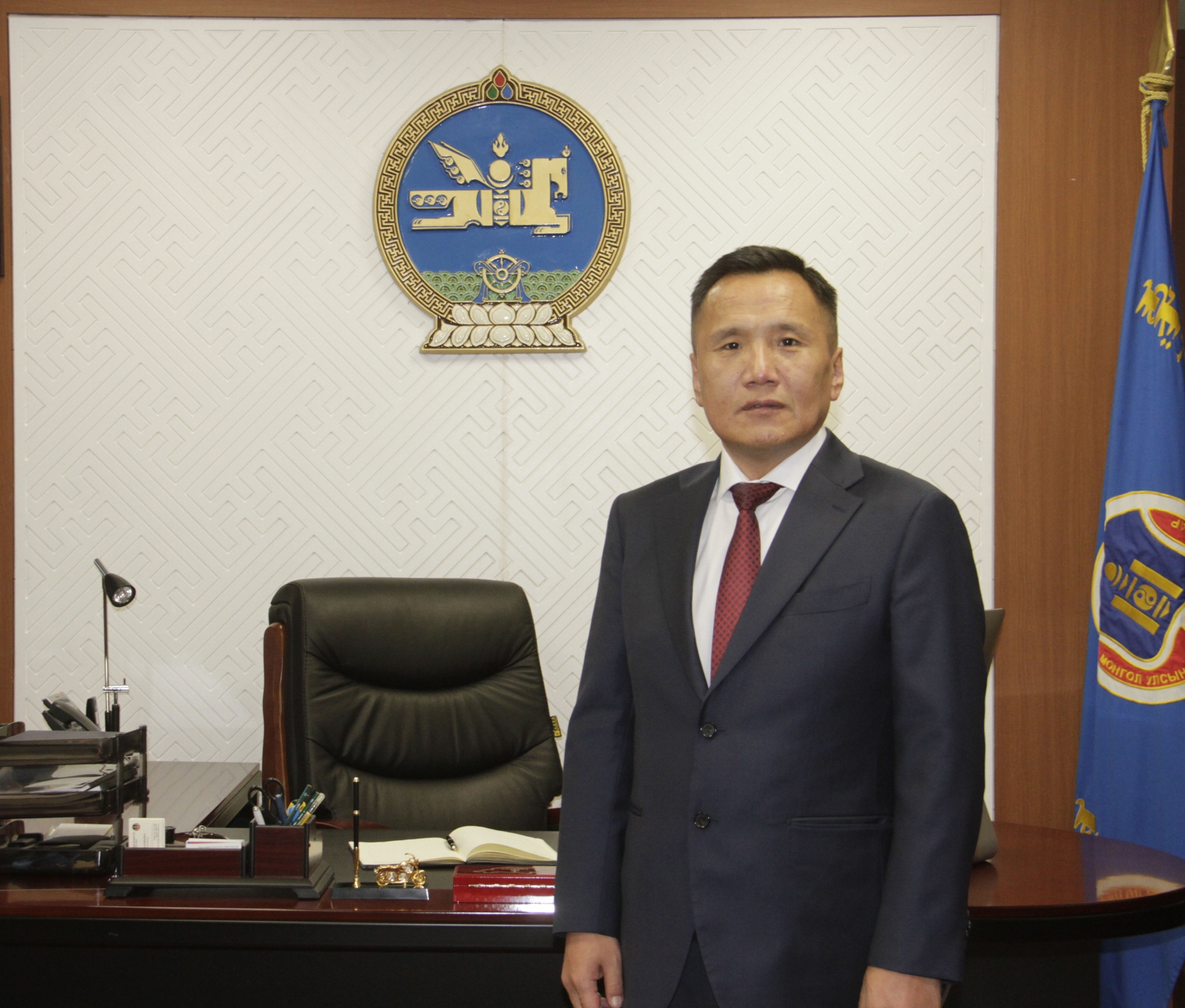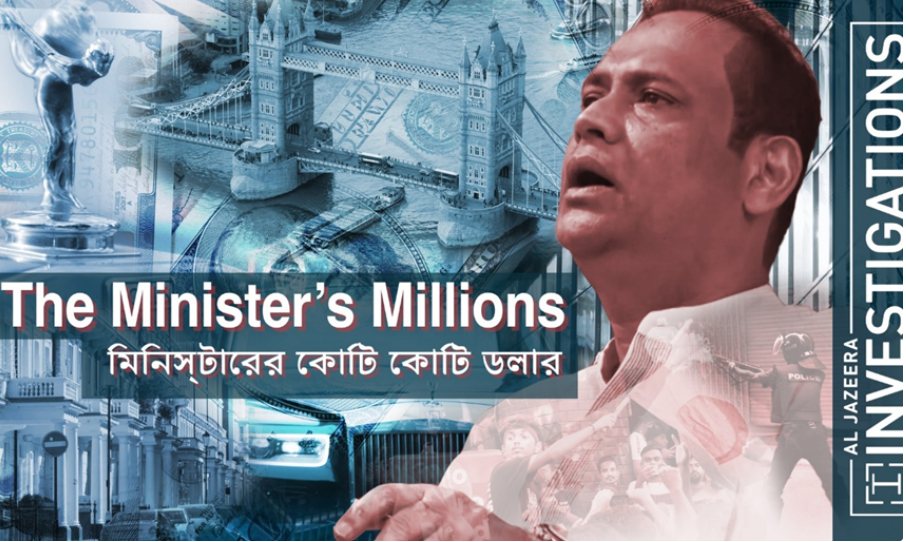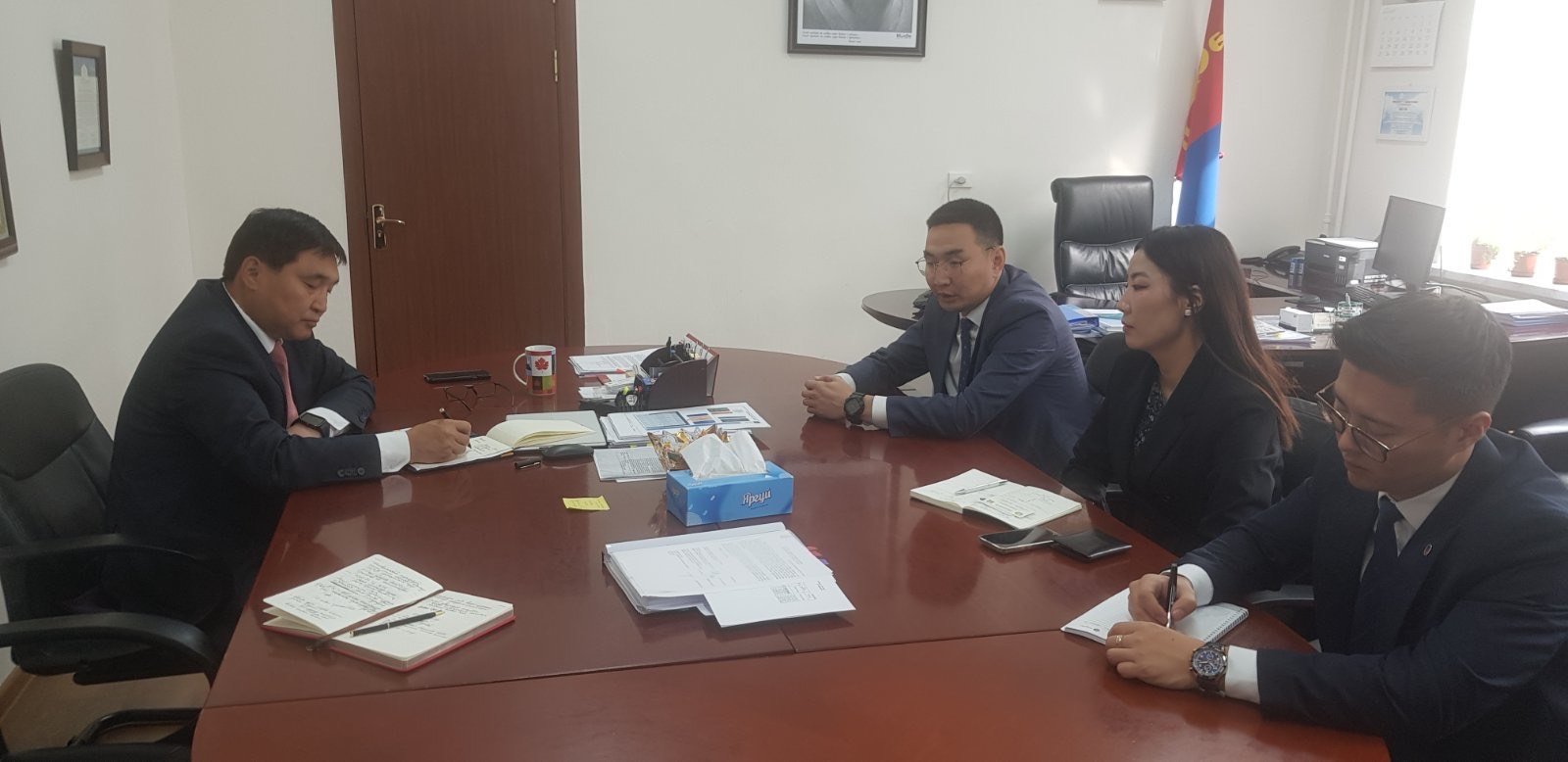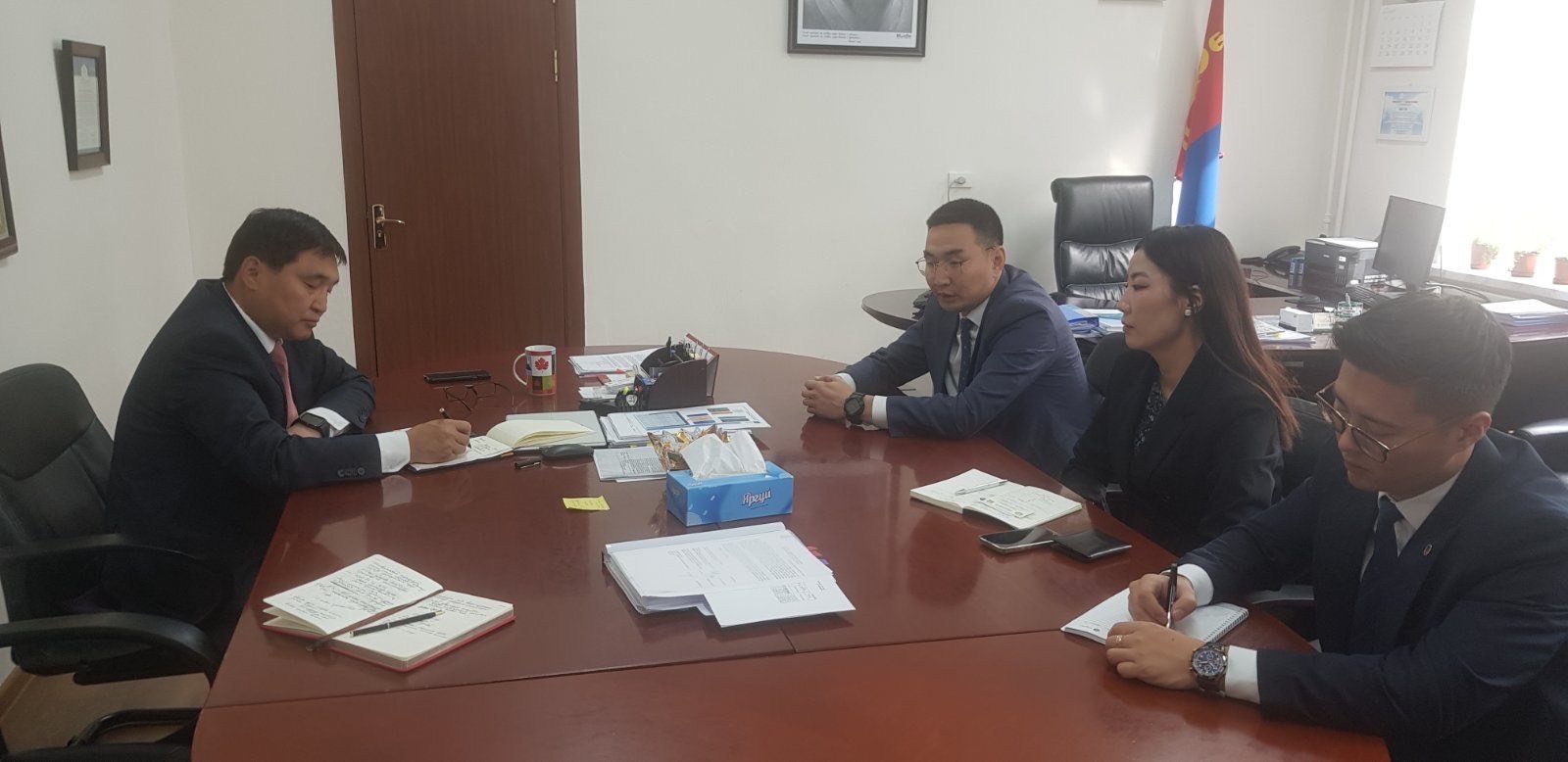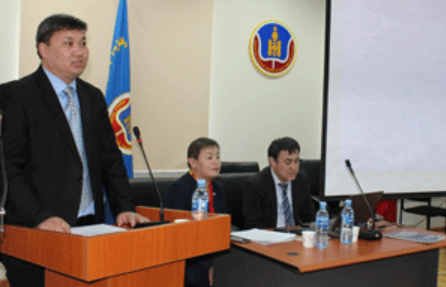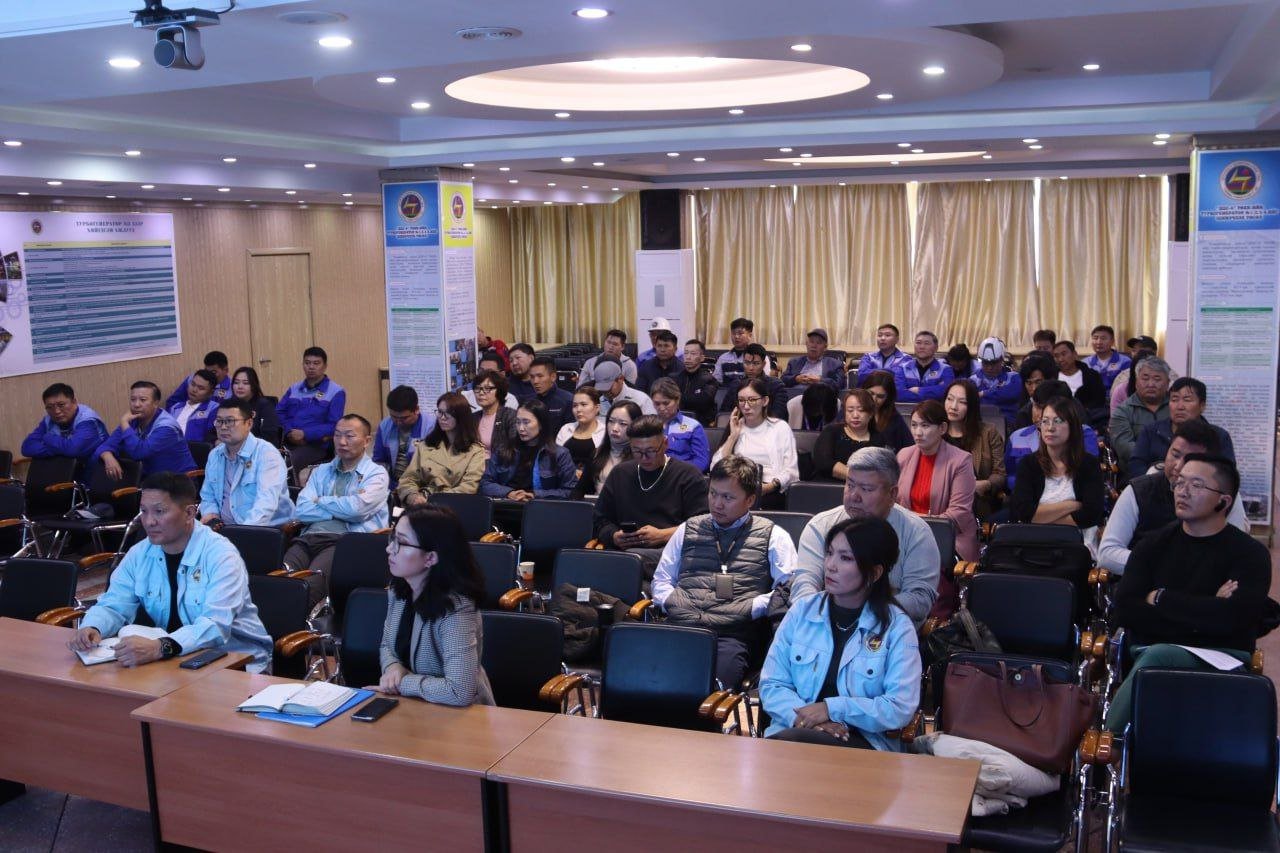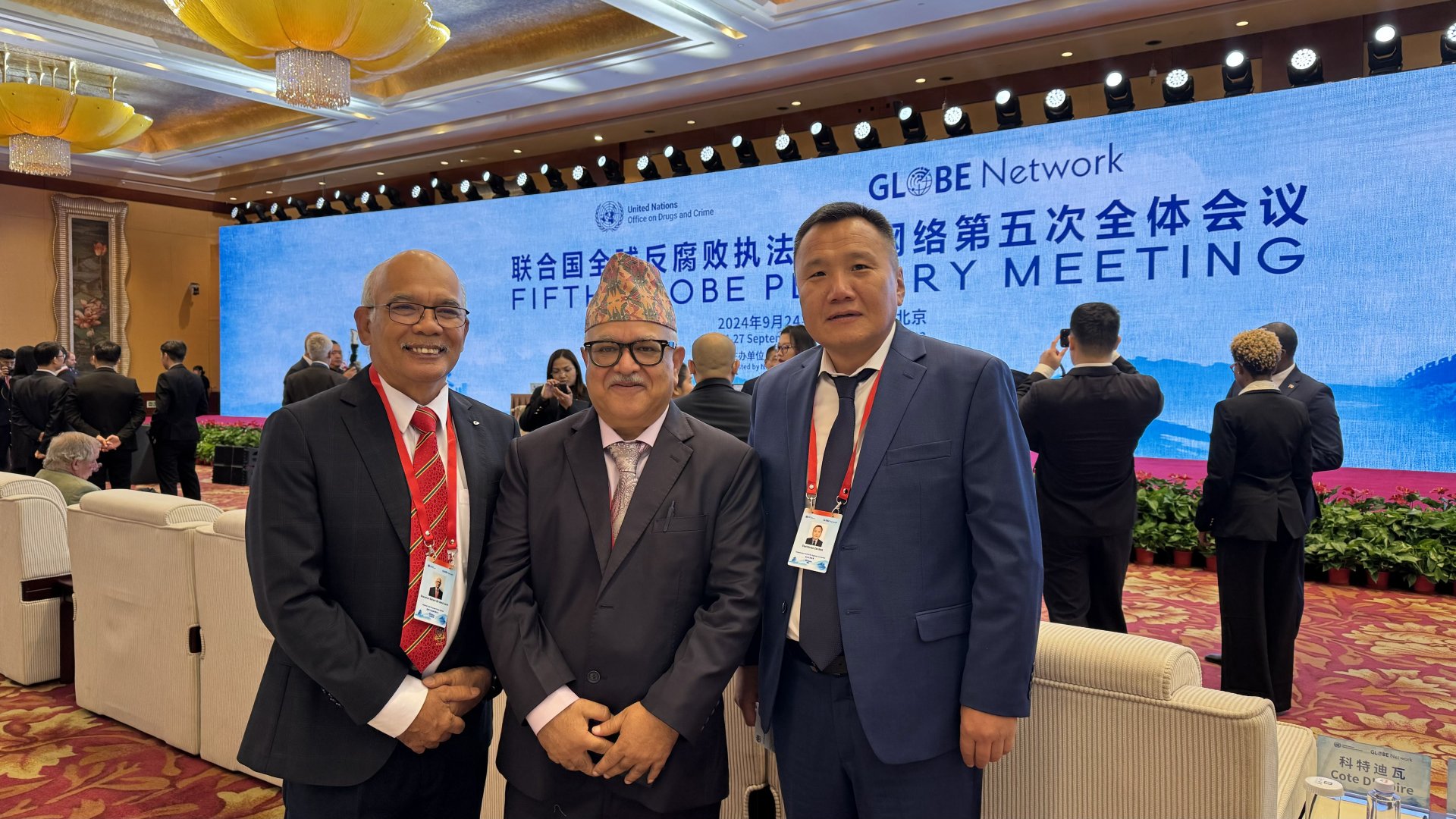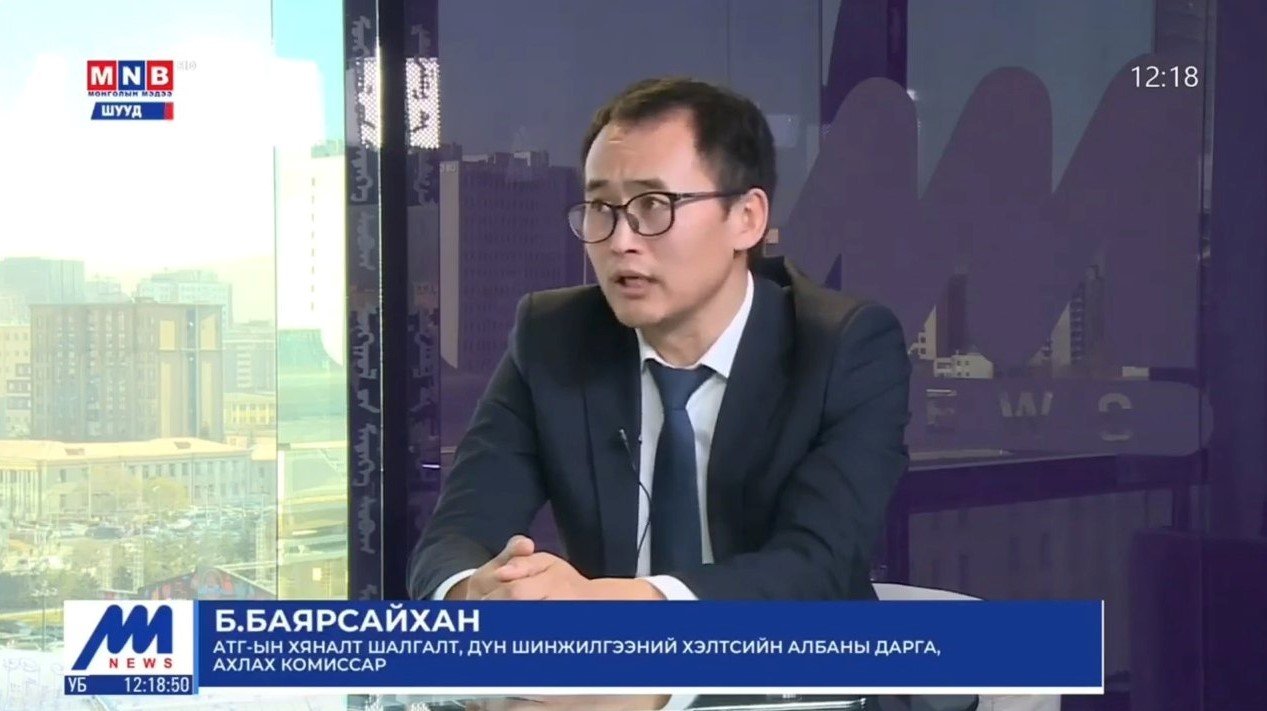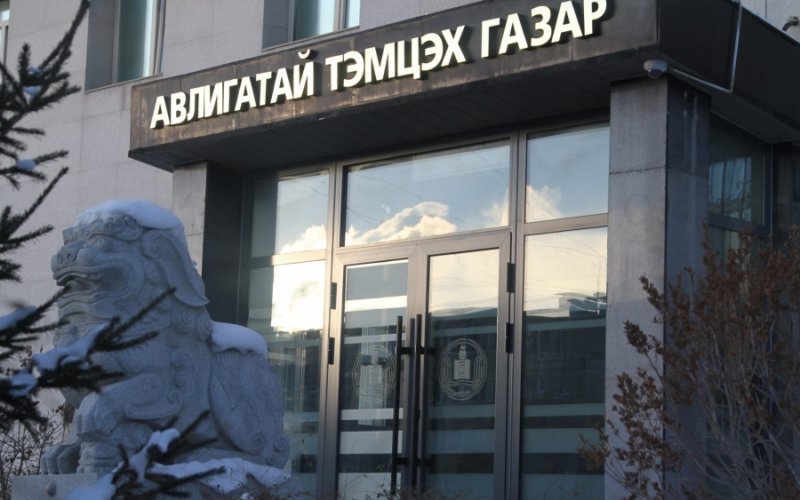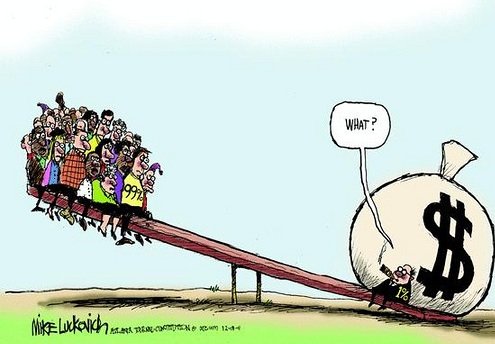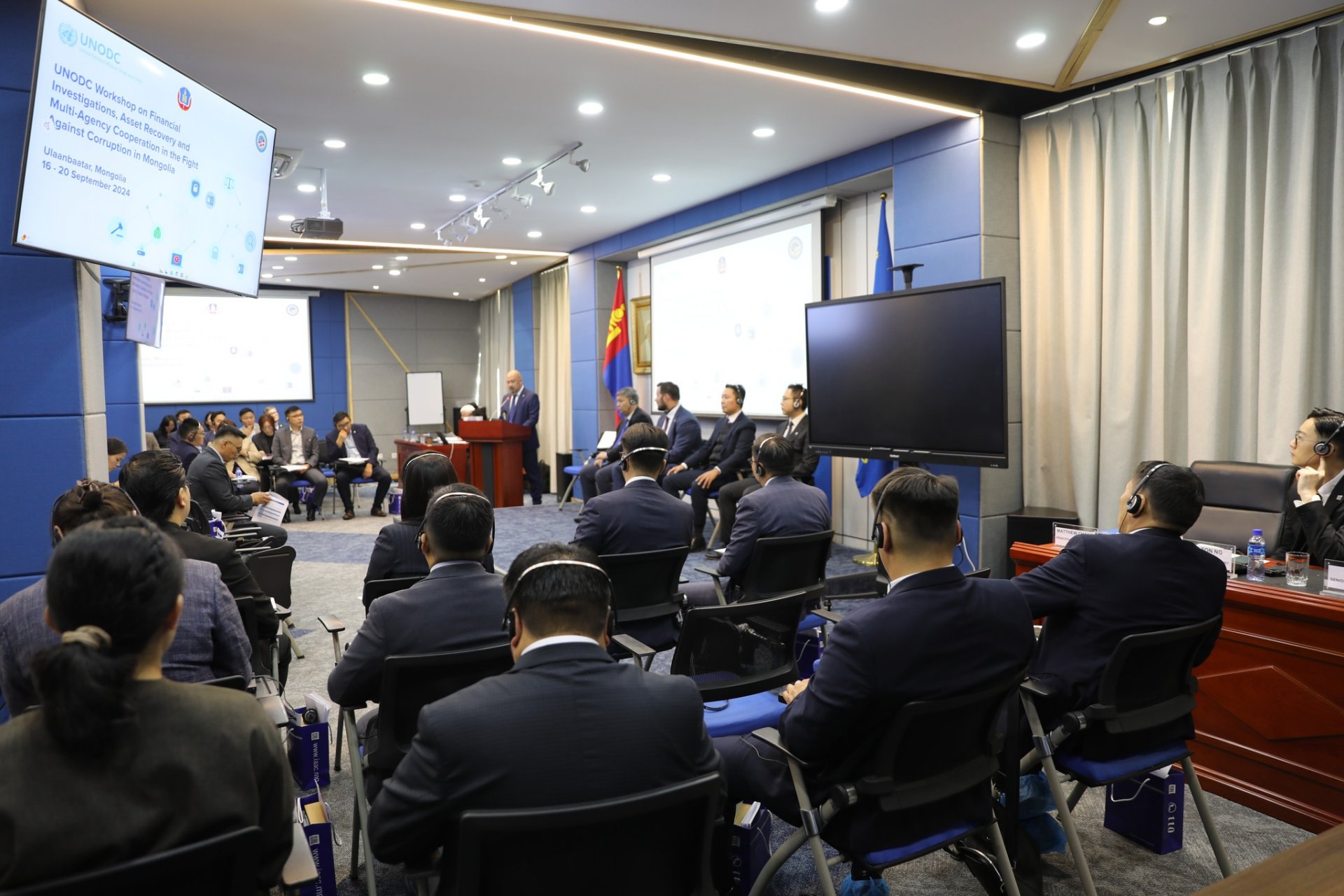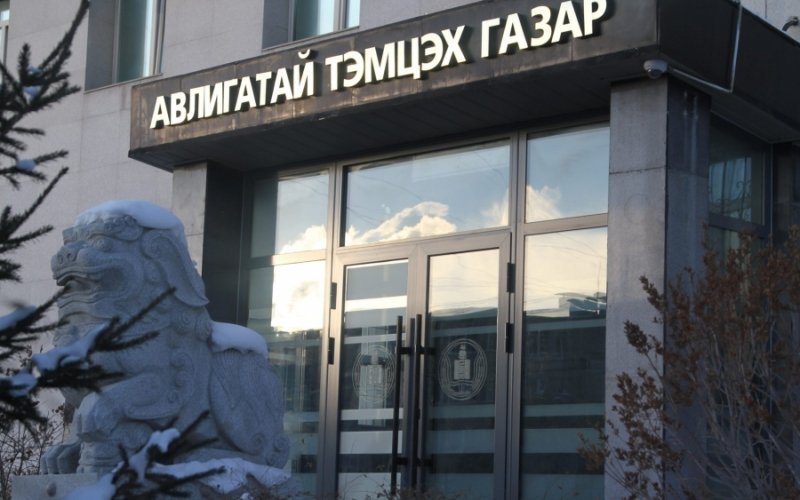
MONGOLIA: PEOPLE WITH DISABILITIES ARE MORE PRONE TO CORRUPTION

Independent Authority Against Corruption (IAAC) conducts an annual
survey to determine the perceptions and attitudes of people with disabilities about corruption. By conducting this survey at regular intervals, it is possible to compare the relevant changes in the target group and use them as policies and programs for the next phase of anti-corruption activities.
There are more than 100 thousand people with disabilities nationwide. Currently, the survey covers people with disabilities living in Ulaanbaatar and their family members. Mr.Shinebayar, Head of Research and Analysis Division of IAAC made a brief statement regarding the survey.
Another goal of our survey is to find out in which sectors of government organizations people with disabilities are most prone to corruption. The survey found that people with disabilities were more likely to face corruption in the health, education, and social services sector. They also face corruption in the police, the judiciary, and the land administration authority. Therefore, IAAC has submitted the survey results to the relevant ministries and government agencies and instructed them to take administrative measures.
The survey shows that the belief that corruption is a must has decreased among disabled people, but, unfortunately, the percentage of people who think that corruption is the solution to their problems has increased. It can be concluded that public officials do not feel empathy towards people with disabilities. It is clear from the survey result that people who have learned to take bribes put pressure on people with disabilities, directly and indirectly, demand bribes, and solve their problems accordingly. For example, when the focus of the survey was on interviews, the participants said that they paid a bribe of 250-500 thousand tugriks (US$200) to transfer their child to another school. Twenty-five percent of those surveyed admitted to paying a bribe in the past year. Most were given to public officials in the government sectors mentioned above. Especially in the health sector. At the very least, corrupt government officials have no sympathy towards disabled people, thus demanding bribes from their small amount of money that they spend on their livelihoods.
Sixty percent of the respondents were male, 40 were female, and the majority, or 69 percent, were 26-35 years old. 41.4 percent have higher education and 30 percent have complete secondary education. Of these, 17.2 percent worked for NGOs, 16.6 percent were students, and 14.4 percent were self-employed. Seventy-five percent of the respondents said corruption was common in our country. Thirteen percent agreed that corruption was acceptable. About 24 percent agree that corruption helps to circumvent unfair rules and regulations. This means that 37 percent of the respondent accept corruption. Sixty-seven percent of respondents agreed that people with disabilities suffer more from corruption. Fifty percent agree that disability discriminates and corruption is the answer. However, about 80 percent agree that disabled people need to be more responsible to reduce corruption. It is good to acknowledge that no one but the citizens themselves can fight against corruption more efficiently.
According to the results of the research, we carry out preventive and public awareness measures. It also means directing investigations to the relevant sector. Analyzing the environment, symptoms, risks, and factors of corruption by the social sector and the target group is important not only to determine the real situation of corruption in Mongolia but also as a valuable tool for developing further anti-corruption activity.




